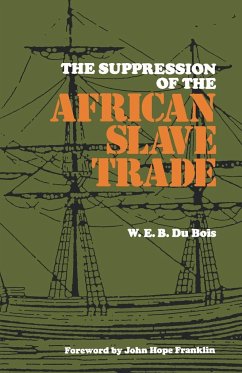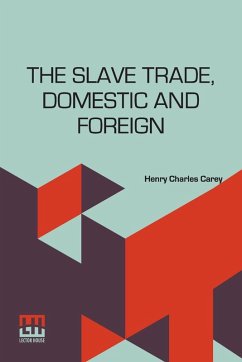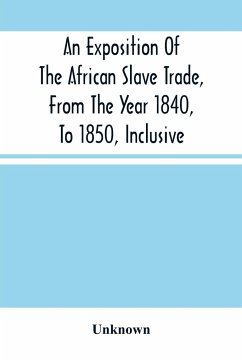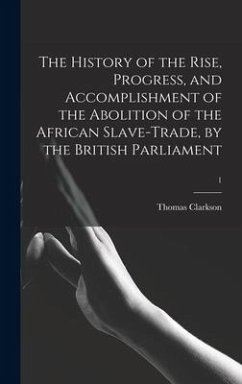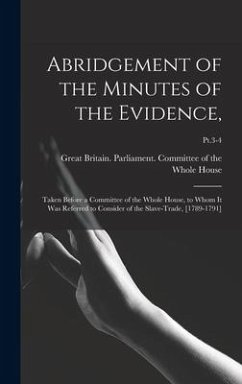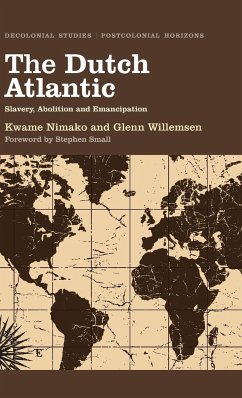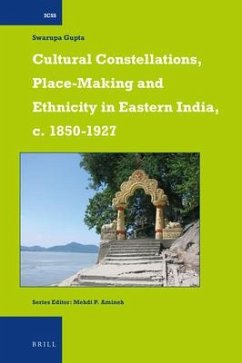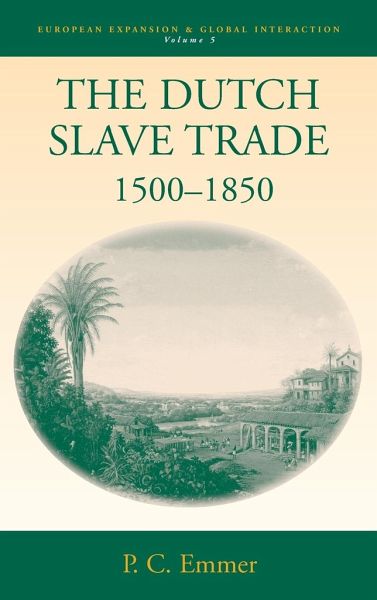
Dutch Slave Trade, 1500-1850
Versandkostenfrei!
Versandfertig in 1-2 Wochen
130,99 €
inkl. MwSt.

PAYBACK Punkte
65 °P sammeln!
Dutch historiography has traditionally concentrated on colonial successes in Asia. However, the Dutch were also active in West Africa, Brazil, New Netherland (the present state of New York) and in the Caribbean. In Africa they took part in the gold and ivory trade and finally also in the slave trade, something not widely known outside academic circles. P.C. Emmer, one of the most prominent experts in this field, tells the story of Dutch involvement in the trade from the beginning of the 17th century-much later than the Spaniards and the Portuguese-and goes on to show how the trade shifted from...
Dutch historiography has traditionally concentrated on colonial successes in Asia. However, the Dutch were also active in West Africa, Brazil, New Netherland (the present state of New York) and in the Caribbean. In Africa they took part in the gold and ivory trade and finally also in the slave trade, something not widely known outside academic circles. P.C. Emmer, one of the most prominent experts in this field, tells the story of Dutch involvement in the trade from the beginning of the 17th century-much later than the Spaniards and the Portuguese-and goes on to show how the trade shifted from Brazil to the Caribbean. He explains how the purchase of slaves was organized in Africa, records their dramatic transport across the Atlantic, and examines how the sales machinery worked. Drawing on his prolonged study of the Dutch Atlantic slave trade, he presents his subject clearly and soberly, although never forgetting the tragedy hidden behind the numbers - the dark side of the Dutch Golden Age -, which makes this study not only informative but also very readable.



